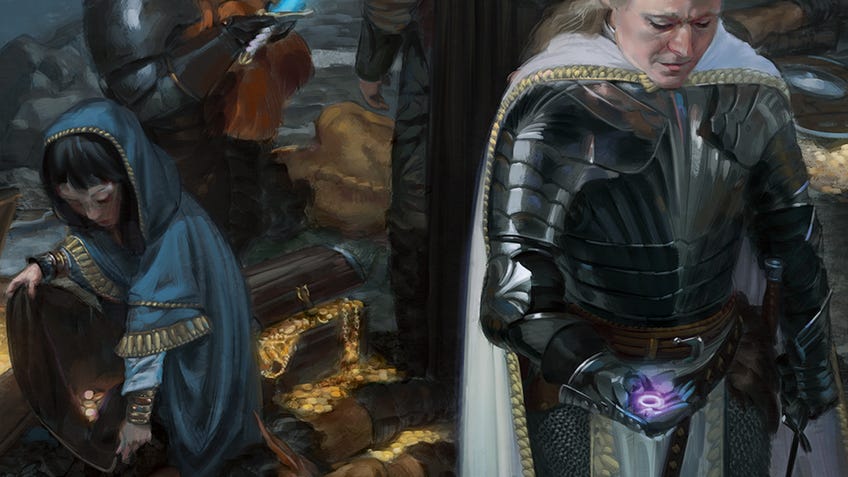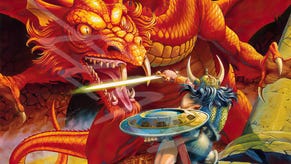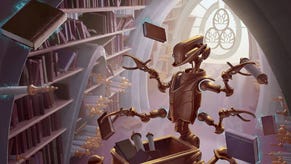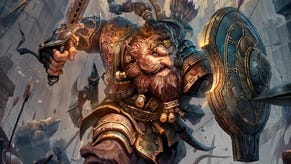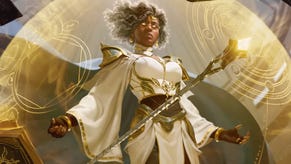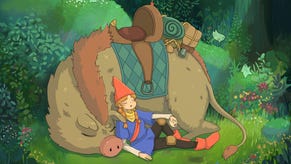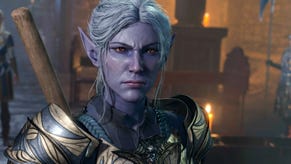Dungeons & Dragons executives think “the brand is really under monetised”
Wizards of the Coast want to create a “recurrent spending environment” around the popular tabletop RPG’s digital front.
Globally popular tabletop RPG Dungeons & Dragons has enjoyed an explosion in popularity and commercial success over the last decade, but the people in charge of the companies that own it are aiming for even greater financial heights.
During an investor-focused web seminar, Hasbro CEO Chris Cocks and Wizards of the Coast CEO and president Cynthia Williams, briefly discussed the future of D&D. The pair are the largest voices when it comes to deciding its future, and Williams led with a doozy:
“D&D has never been more popular, and we have really great fans and engagement,” Williams began. “But the brand is really under monetised.”
She and Cocks spent the next nine minutes explaining how Wizards of the Coast might solve this corporate conundrum, and much of the initial work apparently rests at the feet of D&D Beyond. Wizards acquired the company, along with the staff that maintains it, earlier this year. The digital toolkit that players use to reference material on digital devices and maintain campaign information is also a powerful source of “data-driven insights” for Wizards.
Williams said that D&D Beyond will power the next phase of D&D, most likely alluding to One D&D - the codenamed system edition is currently planned to drop a trio of rulebooks in 2024, and the designers have released only three playtest documents with hints at how it might play.
The executives are less worried about design than installing more on-ramps for players to spend their money. Williams mentioned that while dungeon masters comprise roughly 20% of the D&D player base, they make up “the largest share of our paying players”. An investment in digital, she posits, will allow Wizards of the Coast to “unlock the type of recurrent spending you see in digital games”.
Neither Williams nor Cocks mention any specific video games as examples, but it’s not difficult to imagine someone comparing D&D to the revenue model for Fortnite, Minecraft or League of Legends - all are games whose brand has been leveraged to sell anything even remotely related to players who treat these titles as a lifestyle brand.
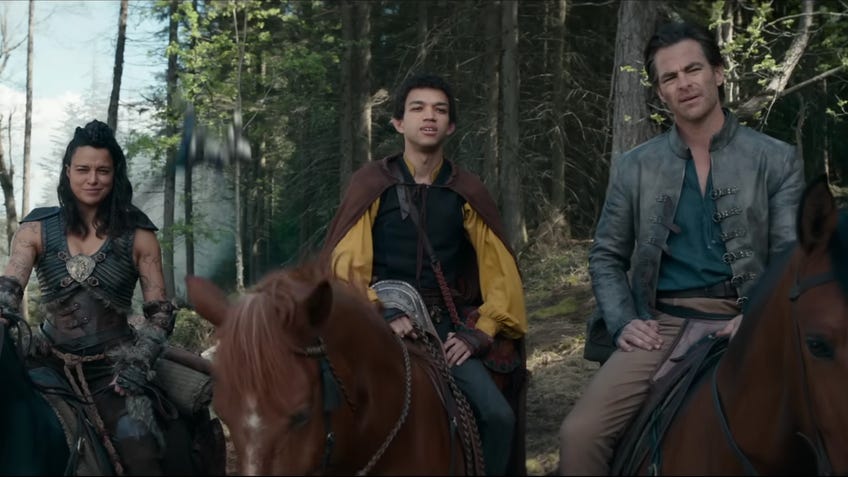
To wit, Cocks described a plan to shift D&D into a “4-quadrant brand” similar to Lord of the Rings or Harry Potter. While the tabletop game and its book releases - though how that might change in an increased digital environment is an open question - will remain one of those pillars, Wizards expects to invest more into the other three: entertainment such as the upcoming Dungeons & Dragons: Honor Among Thieves film; “big, AAA video games” akin to Baldur's Gate 3; and an expanded line of toys, collectibles and other merchandise that fans will ostensibly buy because it carries the red, dragon-shaped ampersand on the tag.
The film sounds like a lynchpin to this plan, creating a bevy of collectibles and toys now that Wizards can tie recognisable names to its roleplaying game. Sorry Elminster, you’ve got nothing on fantasy Chris Pine and Michelle Rodriguez. Unspoken but heavily implied in the conversation was the hope that Honor Among Thieves will act as the foundation for more entertainment, either feature-length films or television series, a la Marvel.
Keep in mind that this meeting was largely meant to answer investor questions and gas them up for the future, but any players expecting Wizards of the Coast to see the light and move towards investing more resources in the game design portion of their game will very likely be disappointed in the next five years. Dungeons & Dragons is now a lifestyle brand with tabletop as a single cog in the money-printing machine.
